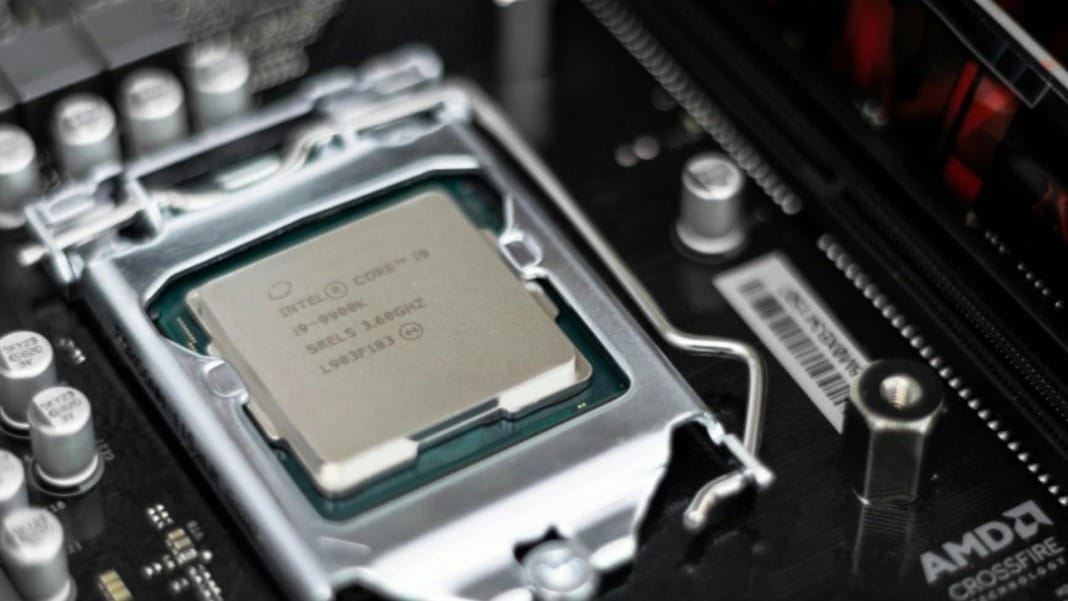Qualcomm has shaken up the Windows laptop market this year with its Snapdragon X chips, now powering some of the best laptops you can buy. But could the company make a similar breakthrough in desktop PCs? A recent leak suggests that Qualcomm is not only stepping into the desktop space but may be targeting gamers with a high-performance chip.
A new leak hints at a gaming desktop focus
I think Qualcomm is coming for the desktop with Snapdragon "X Elite 2". They’re testing "Project Glymur" SC8480XP with an AIO liquid cooler feat 120mm fan(s?), just like what you’d use in a (gaming) desktop
— Roland Quandt (@rquandt.bsky.social) December 10, 2024 at 9:26 AM
The rumour stems from Roland Quandt, who shared details on Bluesky about Qualcomm’s latest project, internally called “Project Glymur.” According to Quandt, Qualcomm is testing a second-generation Snapdragon X Elite chip, the SC8480XP, alongside components typically found in gaming desktops.
The post read: “I think Qualcomm is coming for the desktop with Snapdragon ‘X Elite 2.’ They’re testing ‘Project Glymur’ SC8480XP with an AIO liquid cooler featuring 120mm fan(s?), just like what you’d use in a (gaming) desktop.”
Although leaks like this should always be taken with a pinch of salt, Qualcomm has publicly stated its interest in bringing Snapdragon X chips to desktops. What’s surprising here is the possibility that these chips could be powerful enough to drive gaming desktops rather than being limited to compact PCs or all-in-one systems similar to the Mac mini or iMac.
An AIO (all-in-one) liquid cooler suggests that Qualcomm may push its second-generation Snapdragon X Elite chips into new, performance-driven territory.
Can ARM chips handle gaming desktop demands?
The idea of an ARM-based gaming desktop may sound unusual. After all, ARM chips are generally known for their power efficiency, while gaming PCs prioritise raw performance to deliver high frame rates. However, Apple’s success with ARM-based Apple Silicon chips shows what’s possible.
Products like the Mac Studio and Mac Pro have demonstrated that ARM processors can achieve impressive performance, even though Apple hasn’t marketed them as gaming machines. With each new generation, Apple Silicon GPUs continue to narrow the gap between integrated and discrete graphics performance.
Qualcomm, on the other hand, still needs to improve its GPU performance to compete with Intel and Apple. The company’s integrated graphics are also lagging behind, and its recent decision to cancel a desktop developer kit has left some questioning its commitment to desktops.
What’s next for Qualcomm?
Despite some challenges, Qualcomm’s success with its Snapdragon X chips in laptops suggests it has big plans for the future. A powerful gaming desktop chip may not be on the immediate horizon, but the company appears determined to expand its portfolio.
If the rumours about “Project Glymur” are true, Qualcomm could surprise the tech world with its next-generation chips. The question is whether it can deliver enough GPU performance to rival existing gaming desktops. We’ll have to wait and see what Qualcomm has planned for 2025 and beyond.





